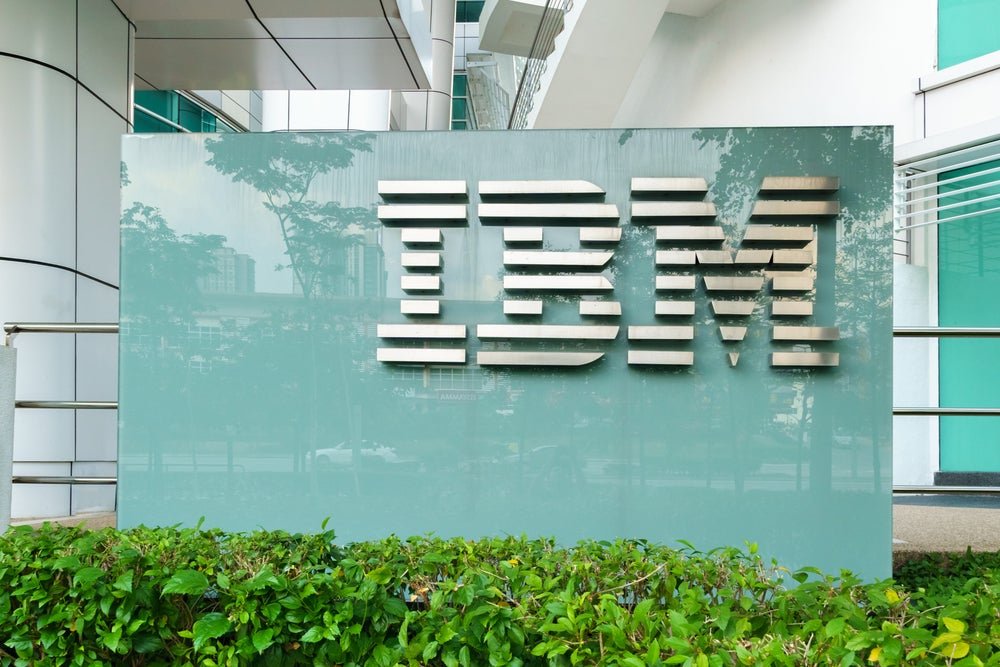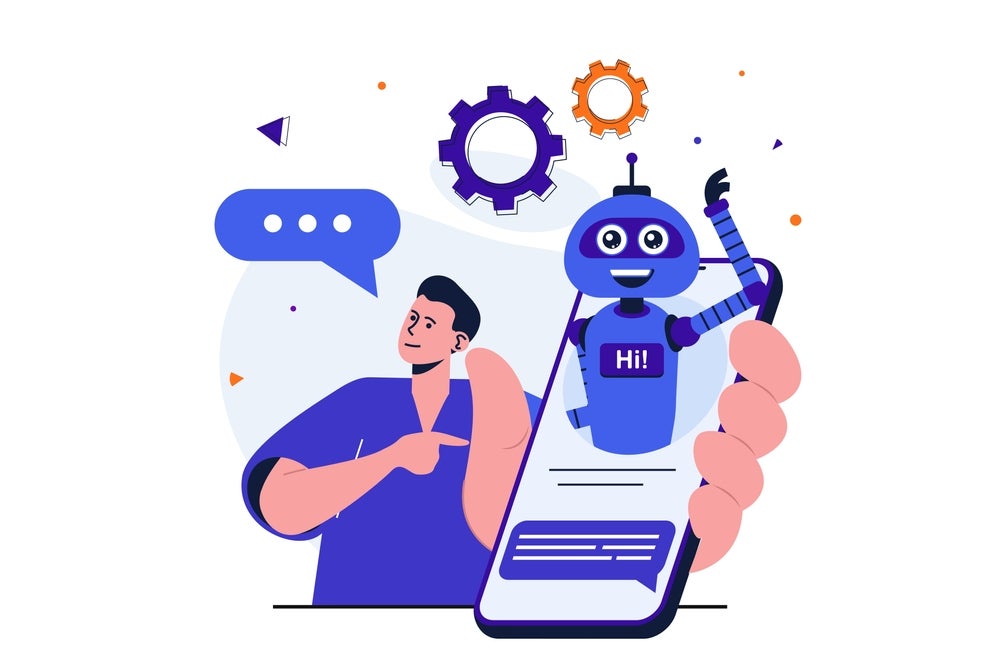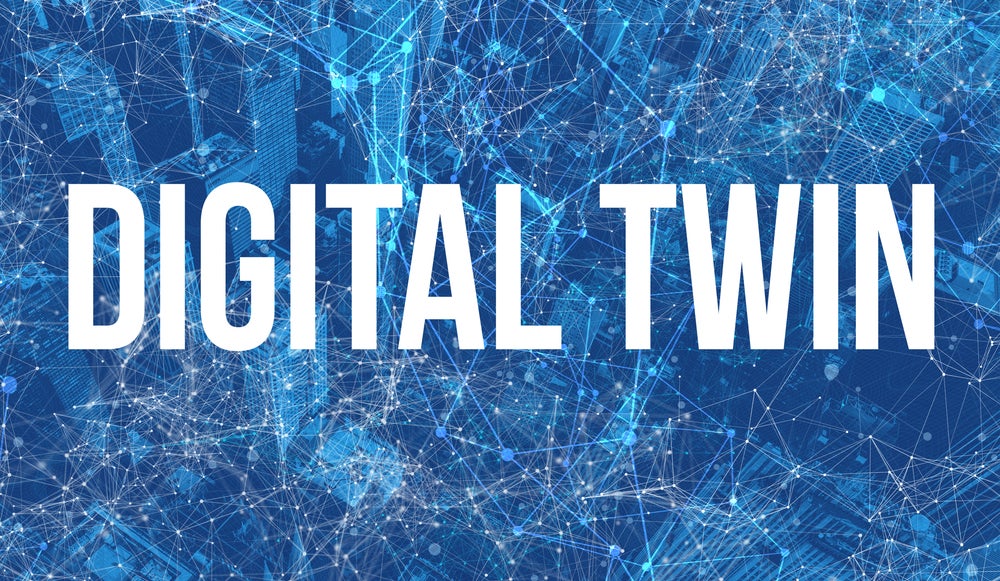
Despite fears that AI could lead to widespread redundancies, 4 in 5 of the 2,000 young technology sector workers surveyed by HR technology company HiBob across Europe believe AI will have a positive impact on their work, according to a survey.
In March, Goldman Sachs predicted AI could replace 300 million full-time jobs, yet 78% of the young Europeans surveyed are confident about the impact the technology will have on their role.
Confidence levels were highest in the UK, where more than 85% of young tech workers are “somewhat” or “very confident” about the advances in AI and tech.
Elsewhere, 78% of British workers believe AI will make them more productive, efficient and creative. However, 9% said they never plan to use AI tools.
In July, Ian Hogarth, the new leader of the UK government’s artificial intelligence (AI) taskforce, warned that protecting British jobs is going to become harder as AI becomes more sophisticated.
Hogarth, technology investor and co-founder of concert discovery app Songkick, told the BBC that the rise of AI will make “winners or losers on a global basis”.
Meanwhile, in Europe, a study by the UN’s International Labour Organisation found in August that women may be disproportionately at higher risk of having their jobs automated by AI.
Overall, the paper found that AI would not end human labour but rather create a future where work is “transformed”.
Clerical work was identified as the sector that would see the biggest impact from generative AI. The UN stresses that this is not necessarily negative, as generative AI has just as much potential to augment clerical work as it does to automate it.







